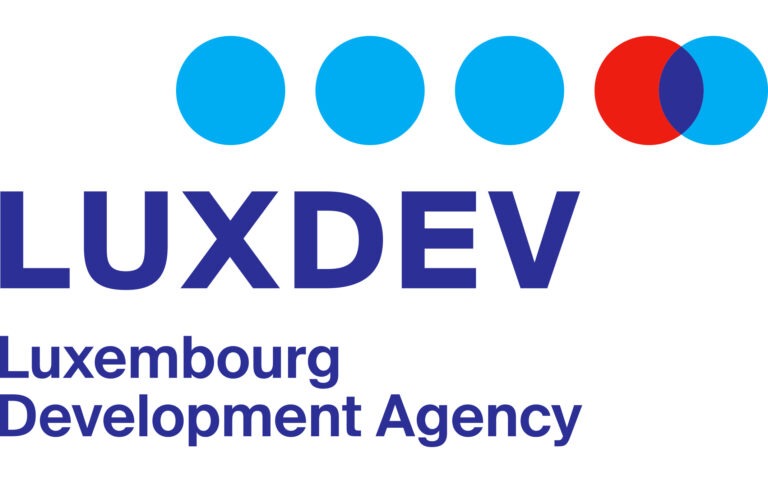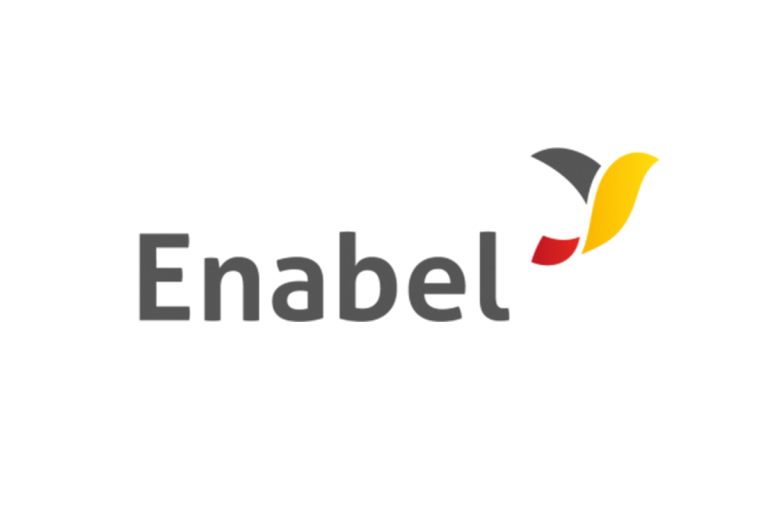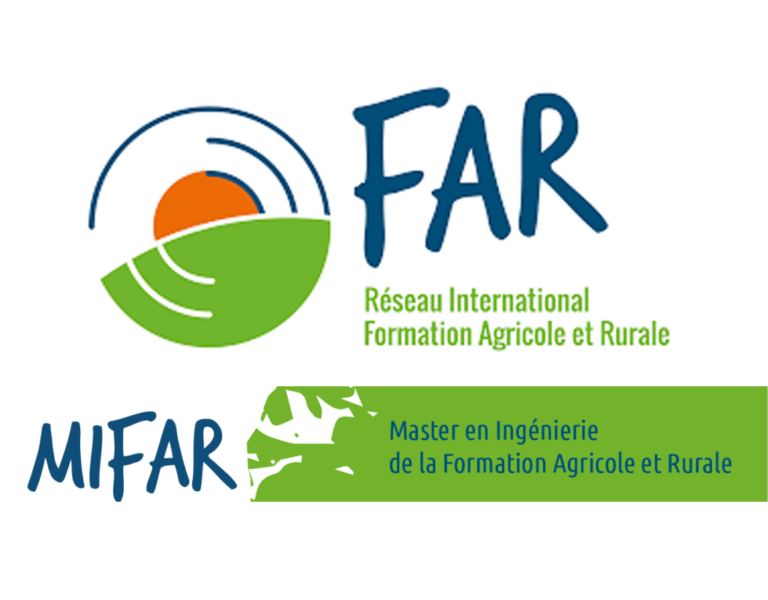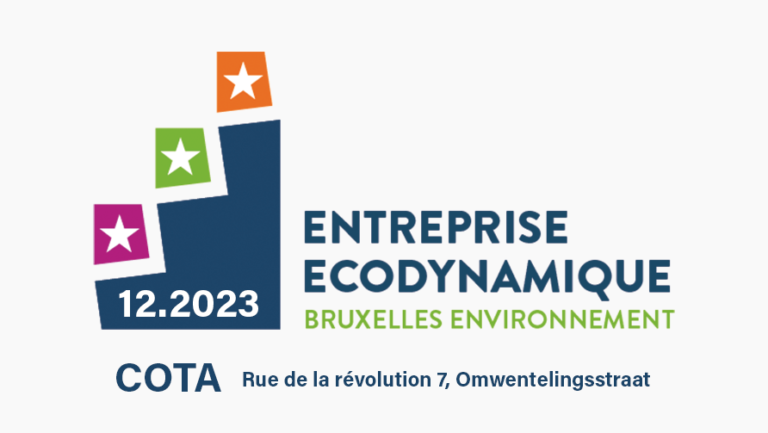Planning, monitoring and assessment
Between accountability and learning, the planning, monitoring and evaluation of projects and programmes contribute to their continuous improvement. These learning practices enable us to draw concrete lessons from experience, and to understand the processes of change driven and experienced by the organisations we support.




